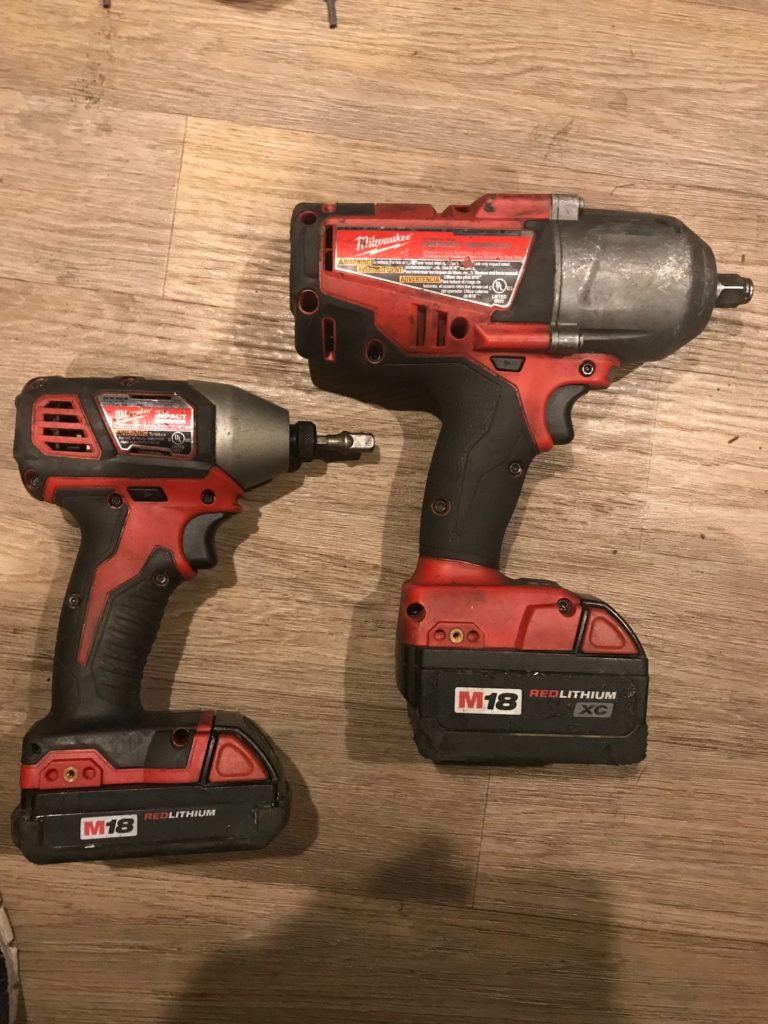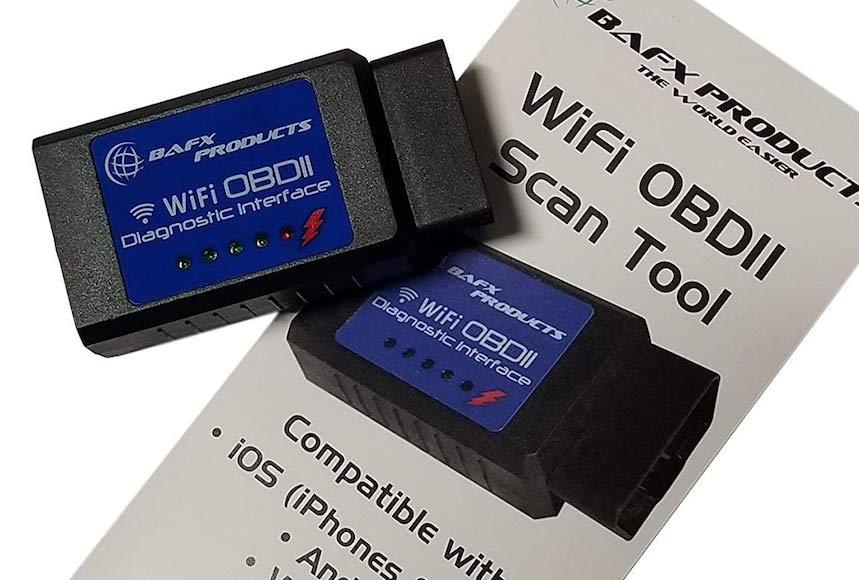Table of Contents
Milwaukee (MLW255721) M12 FUEL 3/8″ Ratchet Auto Kit W/ 2 Batteries (Click To Check Price)
Includes:
- M12 FUEL 3/8″ Ratchet
- M12 2.0 REDLITHIUM Battery
- M12 Charger
- Protective Boot
- 3/8″ to 1/4″ Adapter
- Carrying Case
- Price is roughly less than $300 for the entire kit, or roughly $160 tool only (check current price on Amazon here)
Features & Specifications:
- Most Powerful For These Style Ratchets: Delivers Industry Leading Torque Output of up to 55 ft-lbs (No it won’t be breaking lug nuts loose)
- Most Compact (also this applies only to these style ratchets / these are not high torque impact drivers) : Up to 20% Smaller Head Size (easy to fit in small spaces)
- Premium metal components for longer durability (it is better than the non-fuel version for that reason + added torque)
- upgraded metal components came from feedback on previous non fuel 3/8 ratchet (seen here) that had problems with high torque and breaking.
- The new fuel version (while more expensive) has a little less than double the torque (55 ft-lbs) of the non fuel version (same tool) which is only rated to 35 ft-lbs.
- Either make great tools based on your budget and needs. If you can’t afford the fuel version and aren’t working on heavy duty cars and trucks, then just get the non fuel 3/8 ratchet. You can use the link above to find just the tool, or if you want a kit that includes a charger and battery click here.
- Overall between the m12 3/8 ratchet Milwaukee 2457-21 and the Milwaukee (MLW255721) M12 FUEL 3/8″ Ratchet. I would fork over the extra money and get the fuel version. It is built better and will last you longer.
As This Guy Shows These Tools Make Quick Work Of Bolts / Nuts:
A very thorough review of the fuel version:
Or This 20+ Year Experience Technician that compares the non fuel to the fuel version: (Spoiler: He likes the fuel version better)
Bottom Line:
Either the fuel 3/8 ratchet or the non fuel 3/8 ratchet are must haves. They make short work of nuts and bolt that don’t need a ton of torque, and therefore don’t need a huge heavy tool.
As anyone that has worked on cars for long periods of time. It gets very hard to hold heavy tools up after awhile. The point of these tools is that once you break something loose, you can zap them out in no time.
And if they happen to be torqued to less than 55 ft lbs (for the fuel version) then you don’t even need to break them loose first. The ratchet will handle it. Which basically works amazing for all coil on plug bolts, valve covers, oil pans, transmission pans, etc etc.
Now the point of this post was to compare it to an m12 fuel 3/8 impact wrench that is also built for doing the automotive repair. They’re different style tools and therefore serve different purposes. The impact wrench will do higher RPM’s (meaning it will remove fasteners faster) and it also has a higher torque rating (around 117 ft-lbs).
If you only have the money to buy either the 3/8 Ratchet above or the 3/8 Driver below, I would first buy the 3/8 ratchet above (check price here). The ability to use it in tight spaces, and easily carry it around with you outweighs the fact that it doesn’t have the highest torque rating. Both are awesome tools, and if you can afford it I highly recommend outfitting your toolbox with a 3/8″ ratchet, 3/8″ Compact Impact Driver (that works on same batteries), and a 1/2″ heavy duty torque driver.
Versus:
 Milwaukee 2454-22 M12 Fuel 3/8 Impact Wrench Kit W/2 Batteries
Milwaukee 2454-22 M12 Fuel 3/8 Impact Wrench Kit W/2 Batteries
- Breaks loose up to 117 ft-lbs. However I have found that this tool should not be used for loosening lug nuts. That is not its intended purpose, and it will let you down for that.
- However, what I do with this type of small compact 3/8″ wrench is broken heavy duty fasteners loose first (with breaker bar) then zap them off quickly with this.
- If you’re looking for something to do lug nuts all day / other heavy duty suspension stuff then grab this– 1/2″ Drive High Torque m18 Fuel Milwaukee.
- Or just grab a breaker bar and break them loose first (honestly just as easy and fast)
What Is Better The Ratchet Style M12 3/8″ or The Impact Driver 3/8″:
- Both are great tools and from a brand I love.
- I would personally first get the 3/8″ Ratchet (choose fuel or non based on your budget) and then save up for buying the 3/8″ impact driver. That is if you don’t have access to air tools at your shop / or want to be able to be mobile.
- Once I had both the 3/8″ driver and ratchet, I would make sure to own the m18 drill and impact kit from milwaukee and then save up to buy the 1/2″ High Torque Impact (like I have).
- I do not personally own the 3/8″ impact or driver, but have used them before. This is my personal set up, that works great for removing stuff quickly but lacks the compact nature of the above two I just reviewed.
- On the left the impact driver I love so much with the driver bit installed (3/8″).
- On the right my 1/2″ Milwaukee Fuel Impact Driver.
- This thing is heavy, loud, and beastly.
- It can break lug nuts loose on a semi, and I use it often for any heavy duty bolts.
- Can compete with most large air impact drivers, however air is preferred in most circumstances if being mobile isn’t a concern (faster, quieter, and more torque usually).
- If you want to copy me and my personal set up (I have found it is the best value for your money) you can read about it here.
I hope this helps you decide what to buy. I personally think Milwaukee outperforms Snap On if you consider value.
If you’re a Snap On Person, then I don’t even know how you stumbled on this review. For the equivalent Snap On type set ups, you’re looking at paying 3-4x.
I hope you enjoyed the article!

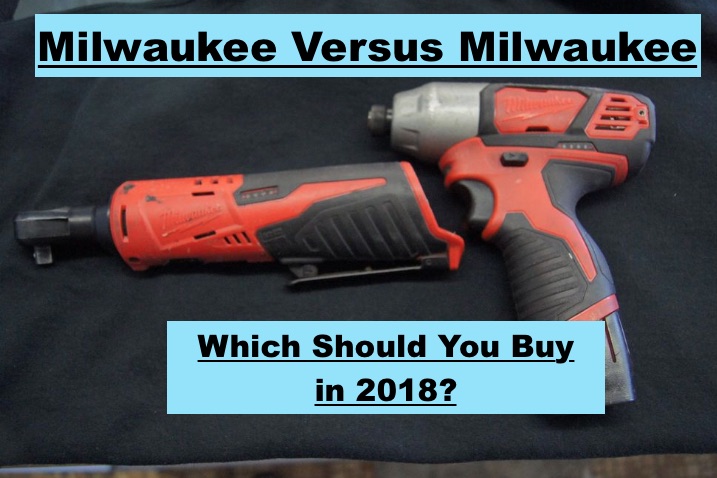
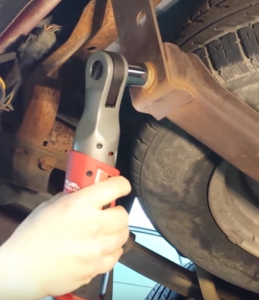
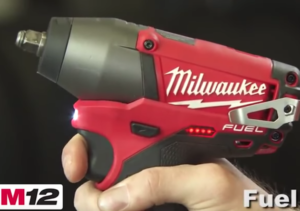 Milwaukee 2454-22 M12 Fuel 3/8 Impact Wrench Kit W/2 Batteries
Milwaukee 2454-22 M12 Fuel 3/8 Impact Wrench Kit W/2 Batteries